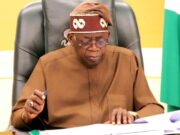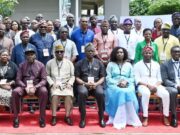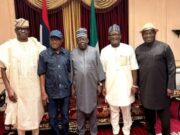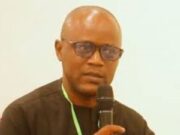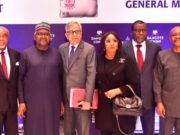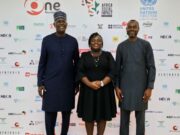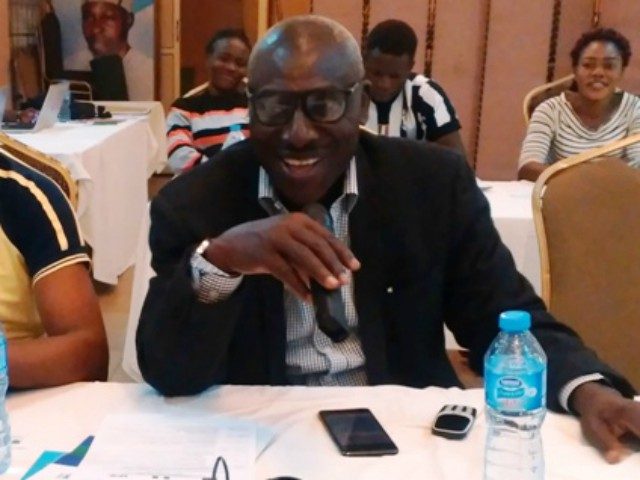Mr Lanre Arogundade, Director, International Press Centre Director, International Press Centre (IPC) and former Chairman, Nigerian Union of Journalists (NUJ), Lagos chapter, Lanre Arogundade, speaks about why journalism should be accorded the utmost respect it deserves, arguing that the idea of citizen journalism derogates the practice and should not be encouraged.
The Media And Fake News Menace
The media, no doubt, is caught in the web of fake news and hate speech, especially during this period of electioneering campaign. What usually happen is that the politicians want to have an advantage over themselves.
The media comes in because it is the major channel of information dissemination. We are not a political party, but we are very much part of the whole political process, because everybody needs the media. This emphasizes the importance of the media.
The problem here is that the politicians want to score points. They tend to exaggerate and this is where fake news comes in. What I’m trying to emphasise really is that we are not the originators of fake news.
Usually fake news comes from outside the media. What we need to be careful about is not to get entangled, like you said. We must be able to know fake news so as to prevent it from being published. And towards the 2019 elections, this is one of the things we have been doing: trying to sensitise journalists in Nigeria to the danger of fake news and to let them understand that in this age of technology, there are tools with which you can detect fake news.. So we encourage journalists to use all those technological tools to detect fake news. We also encourage them to return to the original tradition of the media, which is to always verify.
Naturally we can’t run away from being bombarded with information on Facebook, on twitter, on Watsapp. They come with all kinds of information. But the good thing is that as conventional media, we have a way of verifying our sources. We have access to those in authority. So we could always reach out to them to find out from them whether these statements actually emanated from them or not. This is one of the responsibilities we have to carry out.
There are some aspects of fake news that is outside our scope. For instance, during the last US elections; the one that brought Trump into power, we had some fake news websites, that were publishing stories and images of the elections. In one case, they used the image of the ballot boxes that was taken in Britain, Birmingham and made it look as if it was taken in the United States.
During the Kenyan election, we also had a similar incident, where some people started publishing fake media reports. So they would pick the logo of BBC and other foreign media and would make it look as if the story was coming from them and put it online. In fact, in the extreme case of Kenya, some people generated what they called reports from foreign governments and other things about Kenyan election, and they used the logo of some foreign countries, foreign organisations, to make it look as if these reports really came from them.
We could wake up tomorrow and find a fake Nigerian Tribune website, because they know that the traditional media still has credibility, and they want to lean on that. Now for this category of fake news, we all must be at alert to keep checking regularly to ensure that our website has not been hijacked, to be sure that there is no other fake website that is being used in the name of our news medium, and for us to also alert the people, because, again there are tools that can detect whether a website is fake.
But what I always say is that, in the media too, we should avoid fake news, we should avoid hate speech, but we should also avoid being intimidated to the extent that we are also not critical in our reporting.
I don’t want a situation whereby we refuse to do our work of making governments accountable for their actions and making politicians account for their words, because there is a way this fake news now make it look as if all we do is about fake news. Interestingly, it is just a minority that engages in fake news, and not all fake news comes within the media.
If people don’t want to see fake news in the media, be it traditional media, the conventional media, the social media, then we need also to call on politicians to stop pushing out fake information. So for me, tackling fake news is not something for the media alone to it is for everybody: the media, the government, the regulatory agencies.
Credit: tribuneonlineng.com










